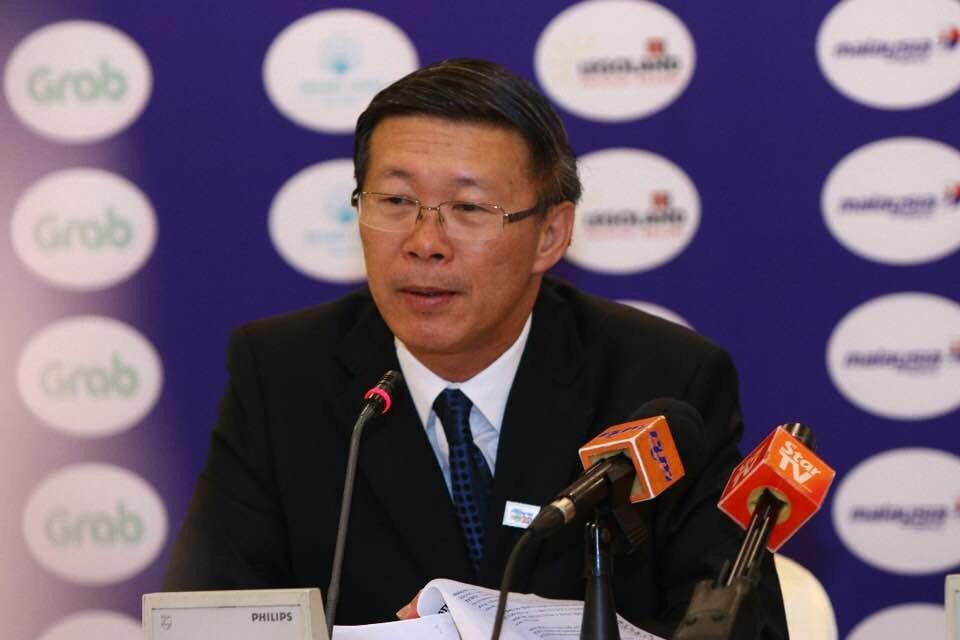
The Malaysian Association of Tour and Travel Agents (MATTA) asserts that a major revamp of the National Budget 2023 for the tourism sector is needed if we are to revitalise Malaysian tourism businesses in the face of fierce competition and global economic concerns.
“From 2009 to 2019, international tourist arrivals ranged between 23.65 million and 26.1 million, indicating that Malaysia remains a largely static tourism destination, with the exception of a one-time high of 27.44 million arrivals in 2014 owing to Visit Malaysia Year 2014. It is evident that earlier national budgets were ineffective in boosting the country’s tourism sector and placing it in a ‘comfort zone’ whilst other ASEAN destinations experienced extremely high growth rates,” said MATTA President Datuk Tan Kok Liang.
“Iconic tourism products were also lacking for a considerable number of years and the government ought to provide more attractive incentives other than the traditional tax incentives such as pioneer status or investment tax allowance to encourage tourism investments”.
“MATTA proposes that budget financing must be more focused on ‘destination visibility’ advertising, as well as the enhancement of tourist products and infrastructure, while at the same time providing enough assistance for tourism stakeholders to strengthen in the aftermath of the Covid pandemic. Additional initiatives are required to promote domestic tourism, as a full recovery to pre-pandemic levels is not anticipated until 2024/25.”
MATTA has submitted a comprehensive budget proposal to the Ministry of Tourism, Arts and Culture, and Ministry of Finance which includes the following:
– The establishment of an independent Tourism Recovery & Growth Fund to ensure the availability of funds to assist tourism businesses in upgrading their facilities and service infrastructure.
– Digital Promotions Matching Grant and Overseas Promotions Funding to compensate for a weakened Malaysian currency.
– Allowing double deductions for corporate companies to hold staff incentive trips and holidays for their employees within the country rather than in foreign destinations.
– Tax relief of RM5,000 for individual taxpayers and their families to spend on domestic travel within Malaysia will further enhance domestic tourism.
– Total exemption of excise duty on the purchase of new, locally produced tourism vehicles. Severe economic hardship has caused many operators to dispose of their vehicles to avoid bankruptcy and, in the process, has severely depleted our tourism fleet capacity. This will not only benefit local vehicle manufacturers but also enable tourism operators to rebuild fleet capacity quickly to meet the anticipated demand as tourism recovers.
– MATTA recommends a remission of import duties on foreign-made luxury automobiles. This is to ensure that tourism vehicles are suitable for more affluent (i.e. higher yield) tourists and shifting customer preferences and to maintain our competitive edge.
– KLIA requires a new satellite that satisfies today’s global security requirements and one that can better facilitate the efficient mobility of passengers from terminal to terminal. The current state of the aerotrain service and the backup bus service leaves much to be desired. Clearly, this offers a poor first-impression of the nation.
“We have been losing ground to nearby competitors such as Singapore, Bangkok, and Jakarta. Likewise Langkawi is losing out to Phuket and Bali for the same obvious reasons. Despite knowing that our tropical climate can be either excessively hot or wet, the comfort of passengers is not given adequate consideration.”
“In order to increase arrivals from high-potential source markets, in particular India and China, it is necessary to revamp existing visa procedures which includes the introduction of multiple-entry visas valid for one year, Visa-on-arrival (VOA) facilities, and lower visa costs. To revitalize the tourism industry, the national government could also consider investing more funds towards the launch of ‘VISIT Malaysia Year 2024’,” concluded Tan.


